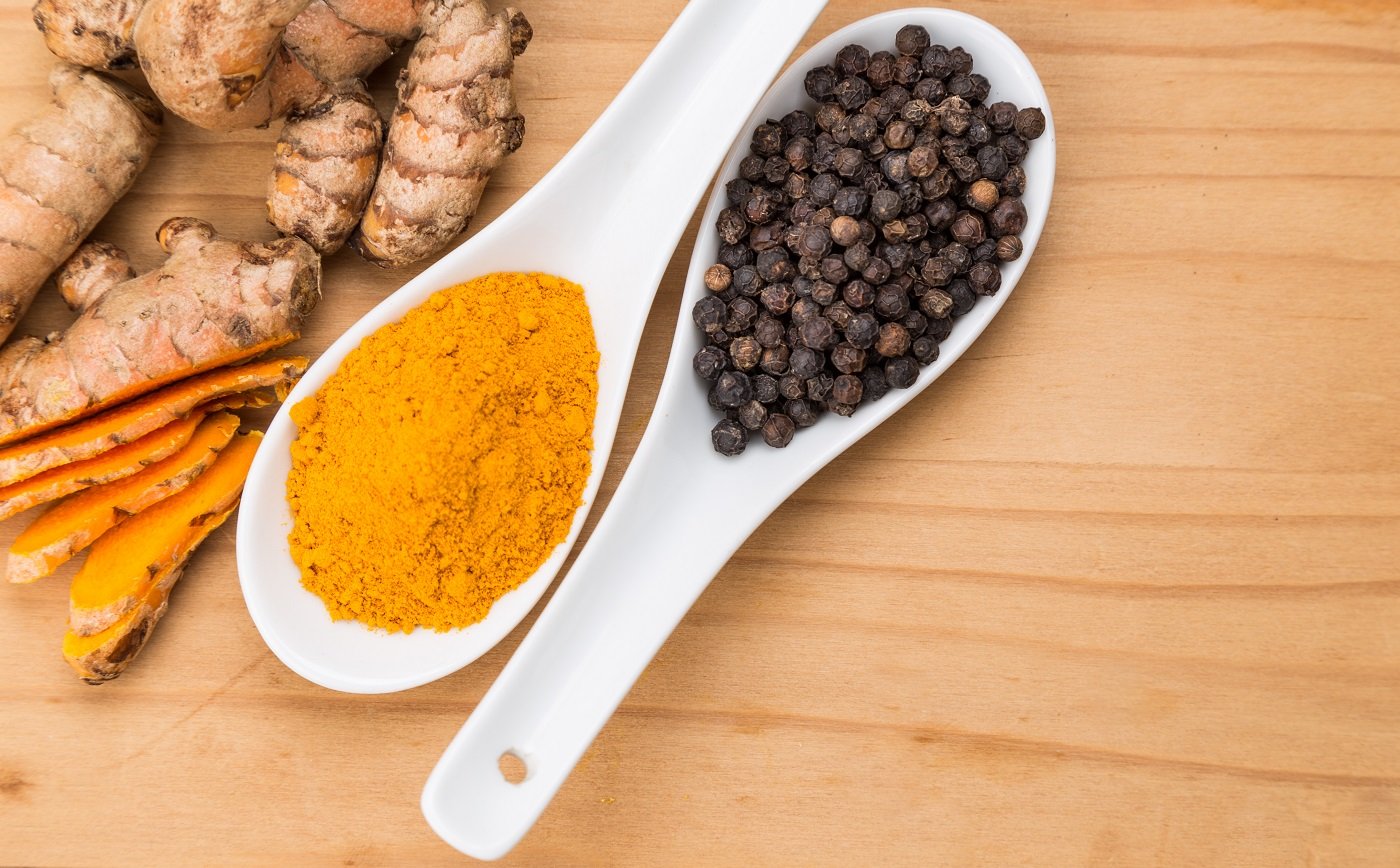Summer Sale - Up to 30% OFF - T&C's apply | Enjoy free NZ delivery on orders over $99
Summer Sale - Up to 30% OFF - T&C's apply | Enjoy free NZ delivery on orders over $99
Supplements
Shop by Health Concern
Shop by Category
Shop by Health Concern
Shop by Category
Skincare
Shop by Skin Type / Concern
Shop by Category
Shop by Skin Type / Concern
Shop by Category
Getting the Best From Turmeric
March 26, 2018 3 min read

Turmeric or Curcuma Longa comes from the Zingerberaceae family of ginger plants, its dried root is ground into the distinctive yellow powder spice most of us are familiar with.
Turmeric is native to India and South East Asia and has been used for thousands of years in Traditional Chinese and Ayurvedic medicine because of the many therapeutic properties of its main active ingredient, curcumin. There are so many clinically researched health benefits of curcumin, but there are many that aren’t commonly known, we explore a few of them below.
It can be hard to get the amount of curcumin required just through eating turmeric alone, this is for two reasons; firstly turmeric itself contains only 3% absorbable curcumin by weight and secondly, the body metabolizes curcumin too quickly so it doesn’t have a chance to be absorbed.
Taking curcumin with piperine (a compound of black pepper) stimulates digestive enzymes and reduces the inflammation associated with the quick breakdown of turmeric in the body. And because curcumin is fat soluble, taking it with healthy fats will increase its absorption even more.
In a study looking at the effect of Curcumin on Vitamin D levels in menstruating women experiencing PMS and pain symptoms it was found that there was a significant increase in serum Vitamin D levels (Arabnezhad et al, 2022). This is an important find, because Vitamin D is specifically involved in the process of reproductive health. Particularly in relation to pain, mood and energy levels.
Curcumin has also shown promise in its ability to positively affect the brain. In vivo studies indicate that curcumin has the ability to modulate neurotransmitters in the brain and has neuroprotective qualities, this is thought to be through its anti-inflammatory and antioxidant effects (Kulkarni & Dhir, 2010). This paves the way for further study on its ability to help conditions such as depression, Alzheimer’s and epilepsy.
Another interesting new area of use for curcumin is in the treatment of IBD (Inflammatory Bowel Disease) which includes Crohn’s disease and Ulcerative colitis. Curcumin has been shown to suppress two main cytokines that play important roles in the regulation of inflammatory responses (Brumatti, 2014), this shows promise for future treatments for these debilitating illnesses.
So we can see that there are many areas of health in which Curcumin can be a powerful supportive healing agent.
A turmeric supplement is an easy and convenient way to get all the curcumin you need for therapeutic use. Abeeco’s super strength turmeric 16000 provides everything you need – it has the addition of both ginger and piperine to help with absorption, and is a high-strength, one capsule a day formula to give you optimal results.
Turmeric is safe to use daily in recommended doses by most people, however it is not recommended during pregnancy or breastfeeding, or for those on anti-coagulants like warfarin or cyclophosphamide. As always, check with your health professional if you are unsure if Turmeric is right for you.
References
Arabnezhad L., Mohammadifard M., Rahmani L., Majidi Z., Ferns G., Bahrami A. (2022) Effects of curcumin supplementation on vitamin D levels in women with premenstrual syndrome and dysmenorrhea: a randomized controlled study. Retrieved from: https://www.ncbi.nlm.nih.gov/pmc/articles/PMC8784001/
Kulkarni S. & Dhir A. (2010) An overview of curcumin in neurological disorders. Retrieved from: https://www.ncbi.nlm.nih.gov/pmc/articles/PMC2929771/
Brumatti L., Marcuzzi A., Tricarico P., Zanin V., Giradelli M., Bianco A. (2014) Curcumin and Inflammatory Bowel Disease: potential and limits of innovative treatments. Retrieved from: https://www.ncbi.nlm.nih.gov/pmc/articles/PMC6271352/
Disclaimer: This article provides general information only and is not a substitute for medical advice. Abeeco products are for cosmetic and dietary purposes. Our supplements & tonics aren't intended to diagnose, treat, cure, or prevent any disease. Consult a healthcare professional for medical advice or before starting new supplements. Individual results may vary. Always follow product directions. Our products are not intended to treat or cure any medical condition.
